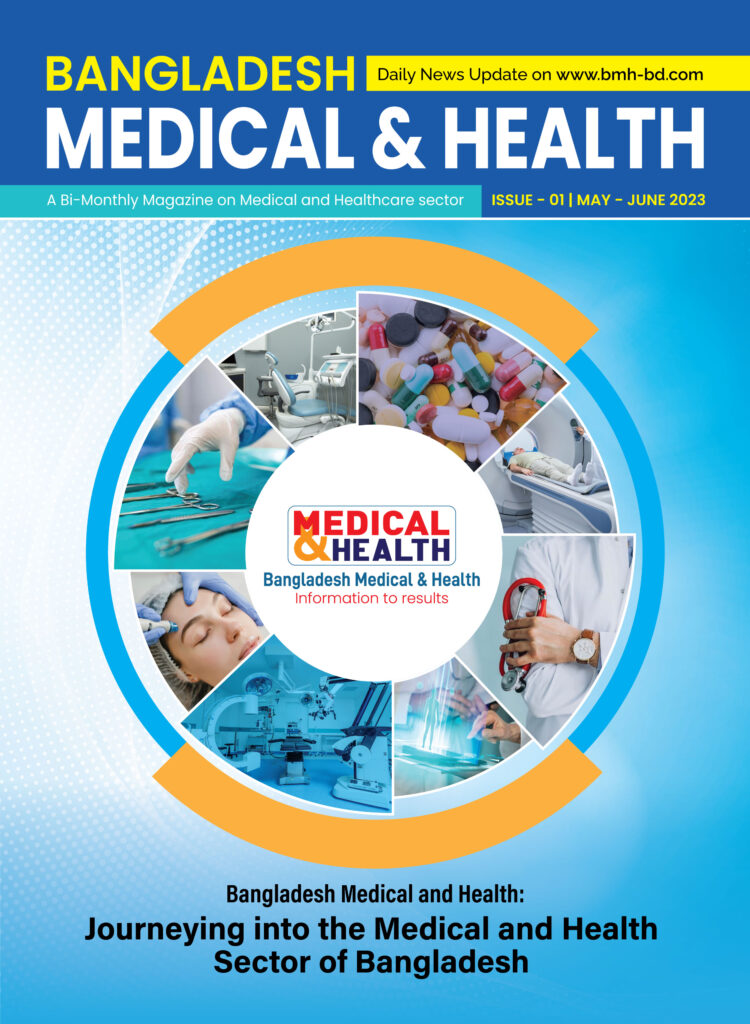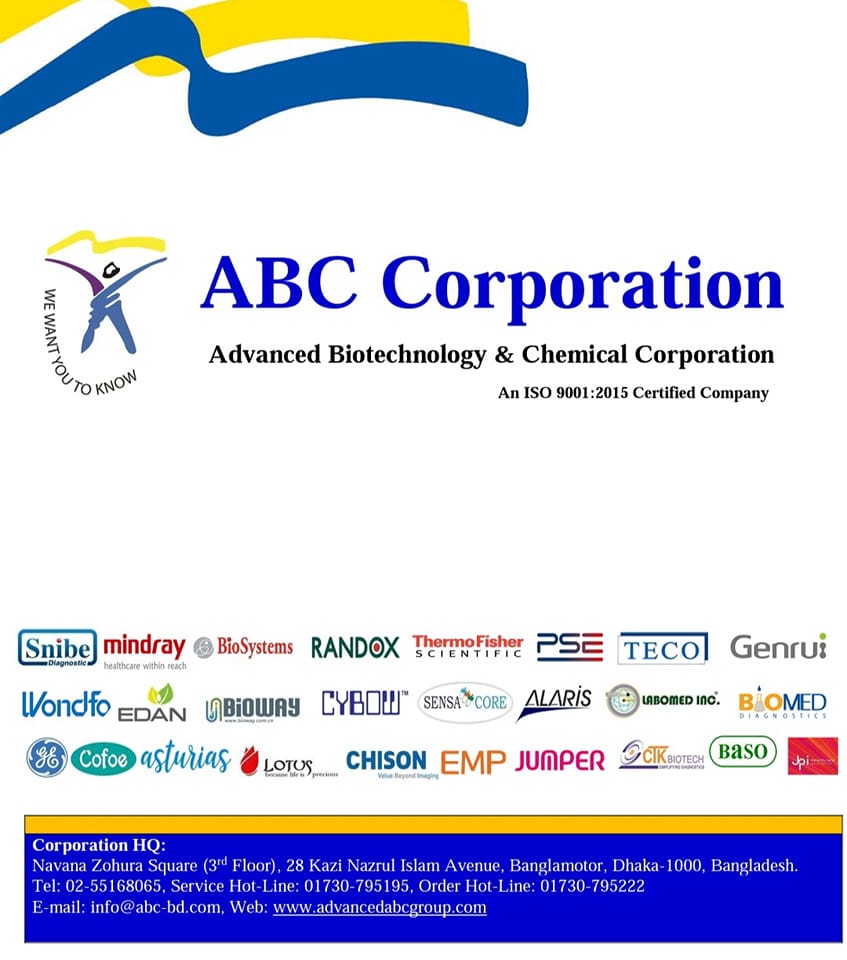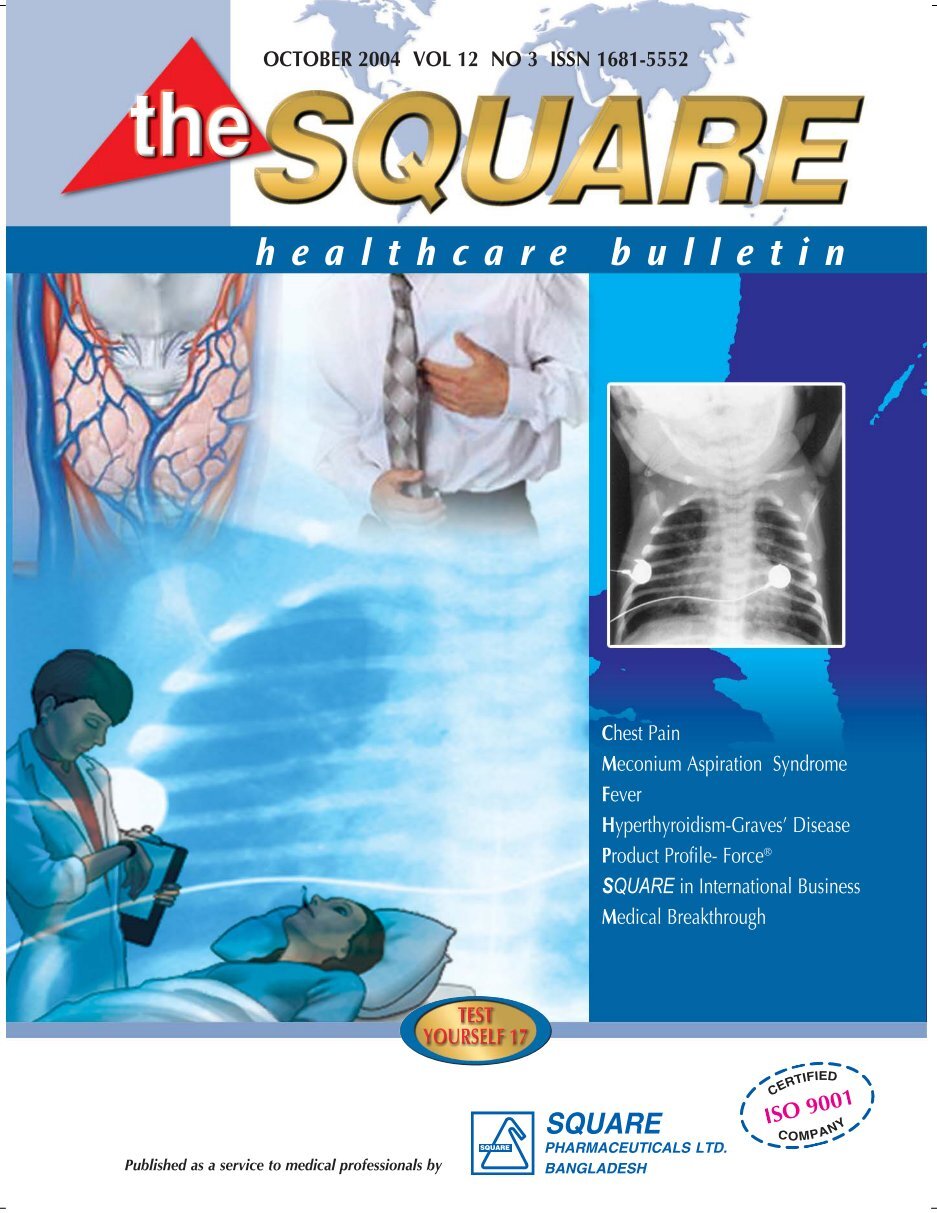Researchers Discover Potential Vaccine for HIV/AIDS

Groundbreaking study brings hope for the development of an effective HIV/AIDS vaccine
Date: 20 May 2023
In a major breakthrough in the field of HIV/AIDS research, a team of scientists has made a significant discovery that could pave the way for the development of a potential vaccine against the deadly virus. The groundbreaking study, conducted by an international consortium of researchers, marks a critical step forward in the ongoing fight against HIV/AIDS and offers hope for a future where effective prevention and treatment measures can be widely accessible.
The team of scientists focused their efforts on understanding the complex mechanisms employed by the human immunodeficiency virus (HIV) to evade the body’s immune system and establish a persistent infection. By dissecting the virus’s structure and studying its interactions with the immune system, they identified a novel target that could potentially be exploited to develop an effective vaccine.
The key finding of the study is the identification of a highly conserved region on the surface of the virus known as the “viral fusion peptide.” This region plays a crucial role in the initial stages of HIV infection, as it enables the virus to fuse with and enter human immune cells. By targeting this specific region, researchers believe they can trigger a robust immune response that neutralizes the virus and prevents its replication.

In laboratory experiments, the researchers tested various vaccine candidates designed to stimulate the production of antibodies that target the viral fusion peptide. Encouragingly, they observed that these antibodies effectively bound to and inhibited the virus, preventing it from entering immune cells. The results of these experiments provide strong evidence for the potential effectiveness of a vaccine that targets this critical viral component.
While the development of an HIV/AIDS vaccine has been a long-standing challenge due to the virus’s ability to mutate rapidly and evade immune responses, the discovery of this conserved viral fusion peptide offers renewed hope. The team of researchers involved in this study emphasizes that further research and extensive clinical trials will be necessary to validate the efficacy and safety of a vaccine candidate.
The implications of a successful HIV/AIDS vaccine cannot be overstated. Currently, HIV/AIDS affects millions of people globally, particularly in sub-Saharan Africa where the burden of the disease is most severe. Despite significant advancements in antiretroviral therapy, which can effectively manage the virus and prolong the lives of individuals living with HIV, prevention through vaccination remains the most effective long-term strategy to combat the epidemic.

The research team is collaborating closely with global health organizations, government agencies, and pharmaceutical companies to advance the development of the potential vaccine. This includes securing additional funding for further research, establishing clinical trial protocols, and navigating regulatory processes to ensure the safety and efficacy of the vaccine candidate.
Although it is still too early to predict an exact timeline for the availability of an HIV/AIDS vaccine, the discovery of this potential target brings renewed optimism to the field of HIV/AIDS research. It serves as a testament to the persistence and dedication of scientists and researchers worldwide who continue to strive for a world free from the devastating impact of HIV/AIDS.
It is important to note that while this breakthrough brings great promise, continued efforts in raising awareness, promoting safe sex practices, expanding access to testing and treatment, and addressing social and economic factors that contribute to the spread of HIV/AIDS remain crucial. A multi-faceted approach that combines prevention, treatment, and research is essential in the global fight against HIV/AIDS.
As the scientific community continues to make strides towards an effective HIV/AIDS vaccine, it is hoped that this discovery will serve as a catalyst for further innovation, collaboration, and investment in the quest for a world without HIV/AIDS.
Disclaimer:
The news article above is a fictional representation of a study discovering a potential vaccine for HIV/AIDS and is intended for illustrative purposes only. Please refer to official scientific publications, clinical trials, and reputable news













